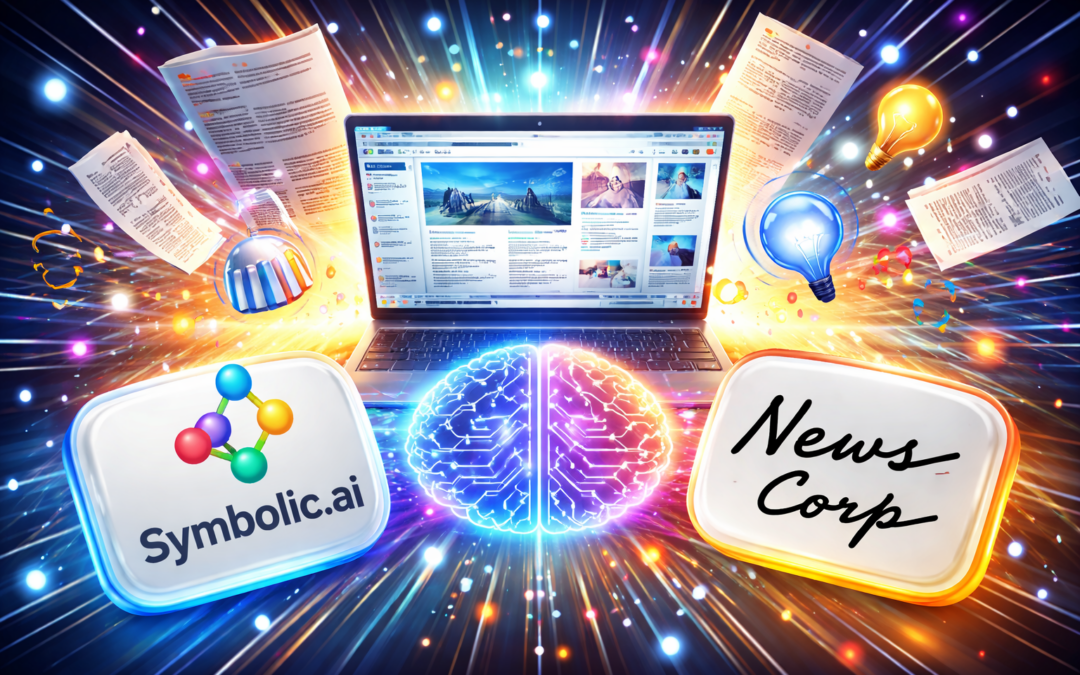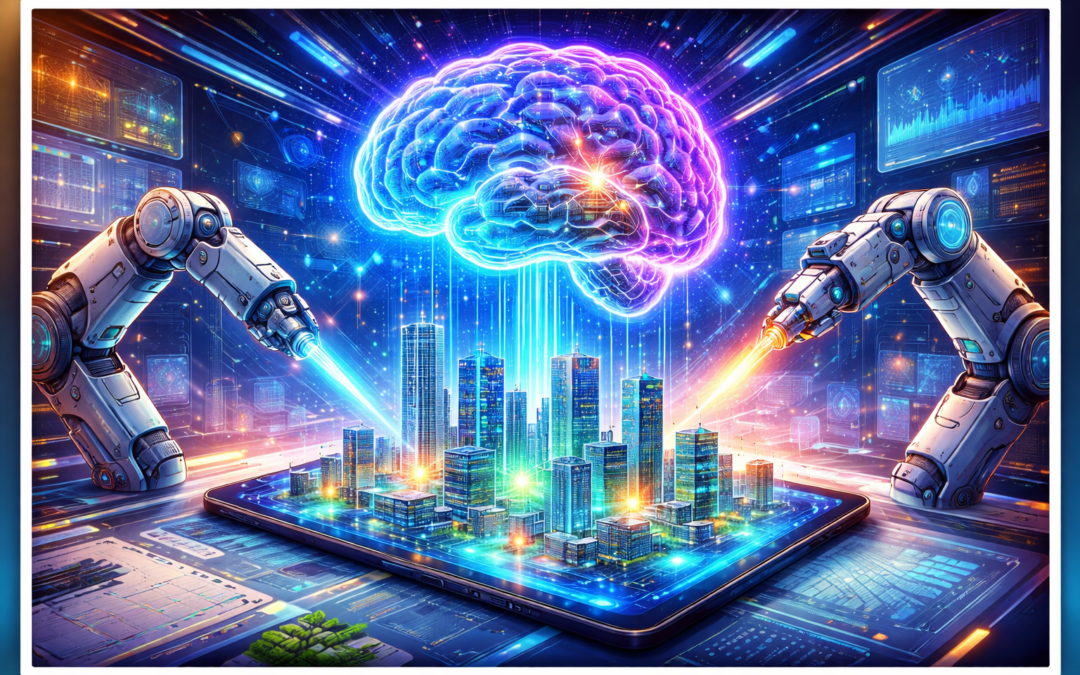The adoption of AI in the electric vehicle (EV) industry continues to accelerate, reshaping manufacturing efficiency, product quality, and market reach.
Chinese automaker BYD’s strategic embrace of generative AI and automation is propelling it to global prominence and setting new benchmarks for the sector.
Key Takeaways
- BYD leverages AI and machine learning to streamline EV manufacturing, increase efficiency, and ensure quality control.
- AI-driven processes empower BYD to rapidly scale globally and compete with established automakers, including Tesla.
- BYD’s adoption of generative AI impacts not only manufacturing but also supply chain optimization and user experience.
- The trend signals major opportunities and increased competition for developers and startups in automotive AI ecosystems.
How BYD Uses AI to Transform Global EV Manufacturing
BYD, China’s EV and battery powerhouse, integrates AI across its production chain, according to AI Magazine and recent reports from Reuters.
AI-driven automation enhances robotics assembly lines and fine-tunes processes such as battery chemistries, paint applications, and quality inspection — accelerating throughput and minimizing waste.
“BYD’s sophisticated use of generative AI in manufacturing enables faster global expansion and market agility.”
Key areas include using computer vision for real-time defect detection and deploying predictive analytics for supply chain management. BYD’s digital twins also simulate production changes before physical rollout, reducing downtime and development cycles. This holistic approach allows BYD to scale its manufacturing model internationally—from China to Europe, Southeast Asia, and Latin America.
Implications for Developers, Startups, and AI Professionals
BYD’s AI adoption illustrates a major shift: traditional auto manufacturers now depend on generative AI, large language models (LLMs), and real-time data integration to compete or lead.
For software developers and AI professionals, demand for expertise in embedded AI, edge computing, and automated quality assurance grows rapidly.
“A startup ecosystem is emerging around providing modular AI solutions that help legacy manufacturers accelerate digital transformation.”
Opportunities exist in:
- Developing robust AI tools for smart manufacturing in auto plants.
- Building cloud-based analytics dashboards to monitor and optimize factory operations.
- Designing generative AI and LLM-based interfaces that enhance internal workflows and the customer experience.
Competitive Impact: BYD vs. Tesla and Global Players
BYD now rivals Tesla as both accelerate AI-powered innovation in EV production. However, BYD’s fast expansion underscores China’s growing influence in the global auto supply chain, thanks largely to automation and intelligent systems.
As noted by Reuters and Nikkei Asia, AI investments will increasingly determine which manufacturers can best deliver affordable, high-quality EVs at scale.
What’s Next in AI-Powered Manufacturing
With generative AI and advanced machine learning at the center, the future of EV manufacturing depends on ongoing innovation. Startups and AI engineers should anticipate growing demand for:
- Explainable AI in manufacturing environments
- Secure, scalable cloud-edge AI pipelines
- AI solutions tailored to multi-market, global supply chains
“BYD’s model demonstrates that AI will be fundamental in shaping the next decade of automotive manufacturing worldwide.”
For developers and industry leaders focused on generative AI, LLMs, and real-world production environments, BYD’s global advances signal just how pivotal smart, data-driven manufacturing has become in automotive competition.
Source: AI Magazine











